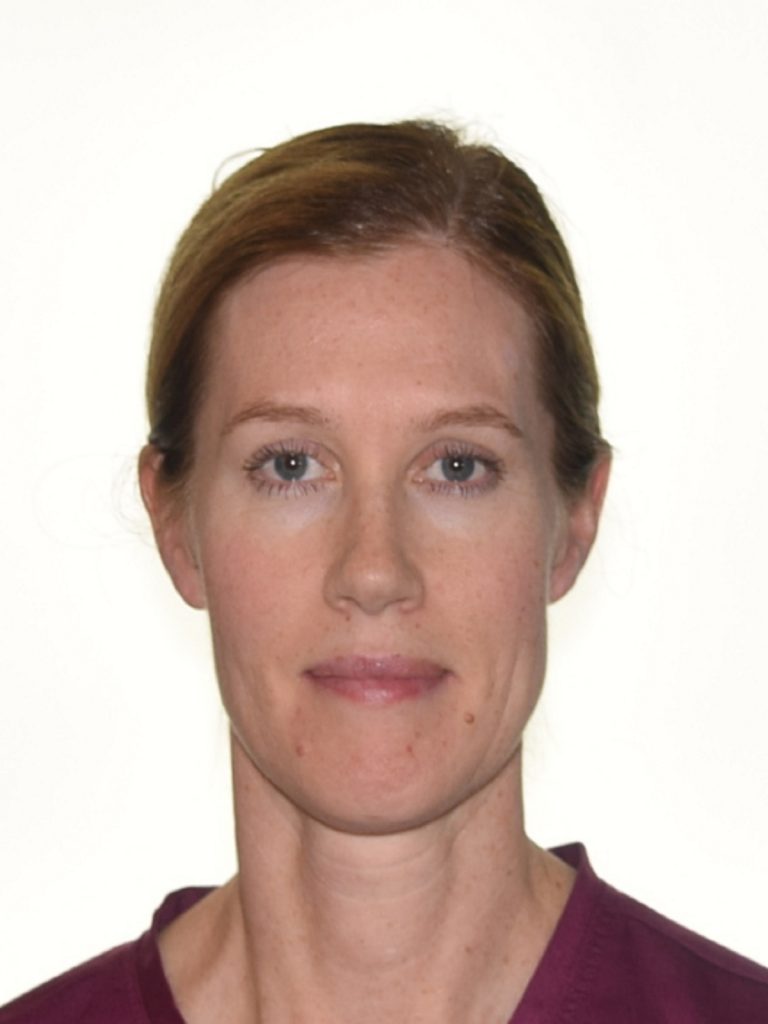With the introduction of the Royal College (RC) Subspecialty exam in Interventional Radiology (IR), practicing IRs across Canada are faced with a decision: Do I really need to take another Royal College exam? Perhaps it’s the lingering trauma from the Diagnostic Radiology exam, but the idea of volunteering for another RC exam seemed crazy to many practicing IRs. Well the first round of the exam has come and gone. I was one of the practicing IRs who decided to take the exam and as it turns out, there weren’t many of us. As one of the new CAIR express editors, I thought this might be a great opportunity to highlight some other practicing IRs across the country who took the new IR exam and their reasoning.

Dr. Cook and his study team
The first IR I spoke with was Dr. Bob Cook, I attended a session by Dr. Cook at a CAIR (at that time CIRA) meeting in Montreal about starting a vascular IR practice in Corner Brook, Newfoundland, his presentation included a meme containing my favourite four letter word; immediately I liked the guy.
NS: Hello Dr. Cook, thank you for taking time to talk to me about this. How long have you been in practice and can you give a general description of your work?
BC: I have been in practice since 2008 in Corner Brook, Newfoundland, which has a population of approximately 18,000 and serves a catchment of approximately 75,000. I was a radiology resident in St. John’s and a fellow at McMaster University. My practice is primarily basic IR, including venous access, genitourinary and peripheral vascular interventional. I also practice general diagnostic radiology. We don’t have any radiology residents and definitely no fellows.
NS: Why did you decide to take the Royal College Interventional Radiology exam as a practicing IR and why do you think it is important?
BC: This exam adds to the legitimacy of the clinical side of IR. More and more IRs are expanding their clinical presence in the hospitals and clinics, seeing patients in consultation, admitting and following up their own patients. Though completing the Royal College IR exam is not mandatory to expand a clinical practice, it demonstrates a dedication to the highest level of training currently available in this country.
NS: Any tips on how to prepare for the exam (obviously vague as the RC won’t want us giving away anything specific)?
BC: I really didn’t have a lot of time to dedicate to studying, I have four young kids at home, and I didn’t want them to forget my face. For the year leading up to the exam I would leaf through JVIR, focusing on the areas of IR that I don’t see much of in practice, such as interventional oncology. Memorizing minutia about clinical trials was not my focus. A month before the exam I focused about one hour a night on exam preparation, focusing on the recommended reading list provided by the Royal College. In the end I thought the exam was fair and a good representation of a general IR practice.
NS: I completely agree with that. Thanks so much for talking to me and congratulations on your Royal College Subspecialty certification in Interventional Radiology.

Dr. Cori Caughlin
Next I went in search of an academic IR who had taken the exam, and I found one in Calgary. For a long time Dr. Cori Caughlin was the only female IR I had heard of in Western Canada, making her a mini celebrity in my eyes. Certainly more of a celebrity then any of the Kardashians.
NS: How long have you been in practice and can you give a general description of your work?
CC: I’ve been in Interventional Radiology practice for nearly 11 years at the University of Calgary. My work is primarily at the Foothills Medical Centre, but also the South Health Campus and EFW Radiology Advanced Spinal Care Centre clinics for pain management. My practice is general, but my referrals reflect the oncology, trauma, hepatobiliary and hemodialysis patient population at these hospitals. I am currently the IR fellowship program director at FMC. While I work in an academic practice, my personal role in research is limited.
NS: Why did you decide to take the Royal College Interventional Radiology exam as a practicing IR and why do you think it is important?
CC: There has been a great effort in the Canadian leaders in our specialty to achieve subspecialty recognition at the Royal College for Interventional Radiology, and it’s our responsibility to continue that effort in becoming board certified to treat patients with the high quality care that we have already been doing for years. I believe it’s important for other specialists to recognize Interventional Radiologists as clinicians to continue to expand our services to patients. It’s a slow process, but an important one in my opinion.
NS: Any tips on how to prepare for the exam (obviously vague as the RC won’t want us giving away anything specific)?
CC: I found the IR Royal College exam to be a practical assessment of general interventional radiology practice. Relatively straightforward and reflected the many questions we are asked daily by our patients and referring docs as well as safety considerations for a variety of procedures. Lots of great images too.
NS: I agree, I thought the images were great, it’s clear a lot of time went into creating the exam. Dr. Caughlin, thank you so much for taking time to answer my questions, and congratulations on your Royal College Subspecialty Certification in Interventional Radiology.
So there you have it, two established IRs from different parts of the country and why they chose to take the Royal College IR exam. It is a big commitment but one that advances the position of Interventional Radiology as a legitimate subspecialty that focuses on quality, complete patient care, safety and an emphasis on the clinical side of IR, please consider registering for the exam at https://www.royalcollege.ca/rcsite/credentials-exams/exams-register-e